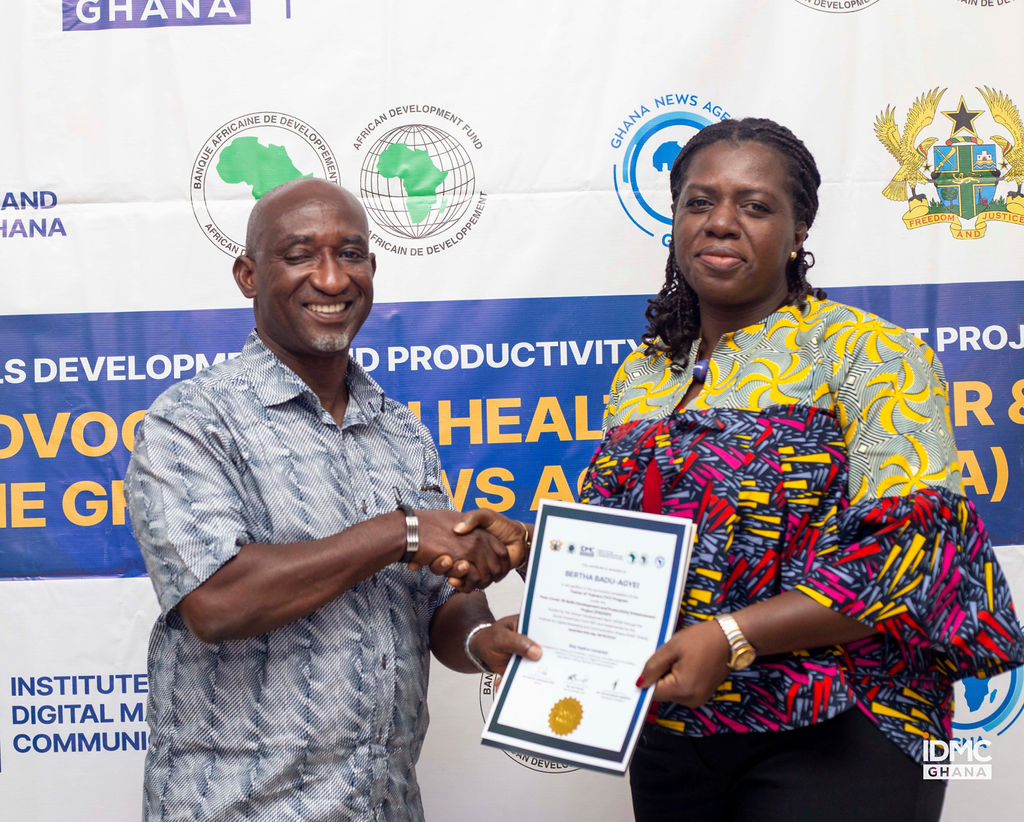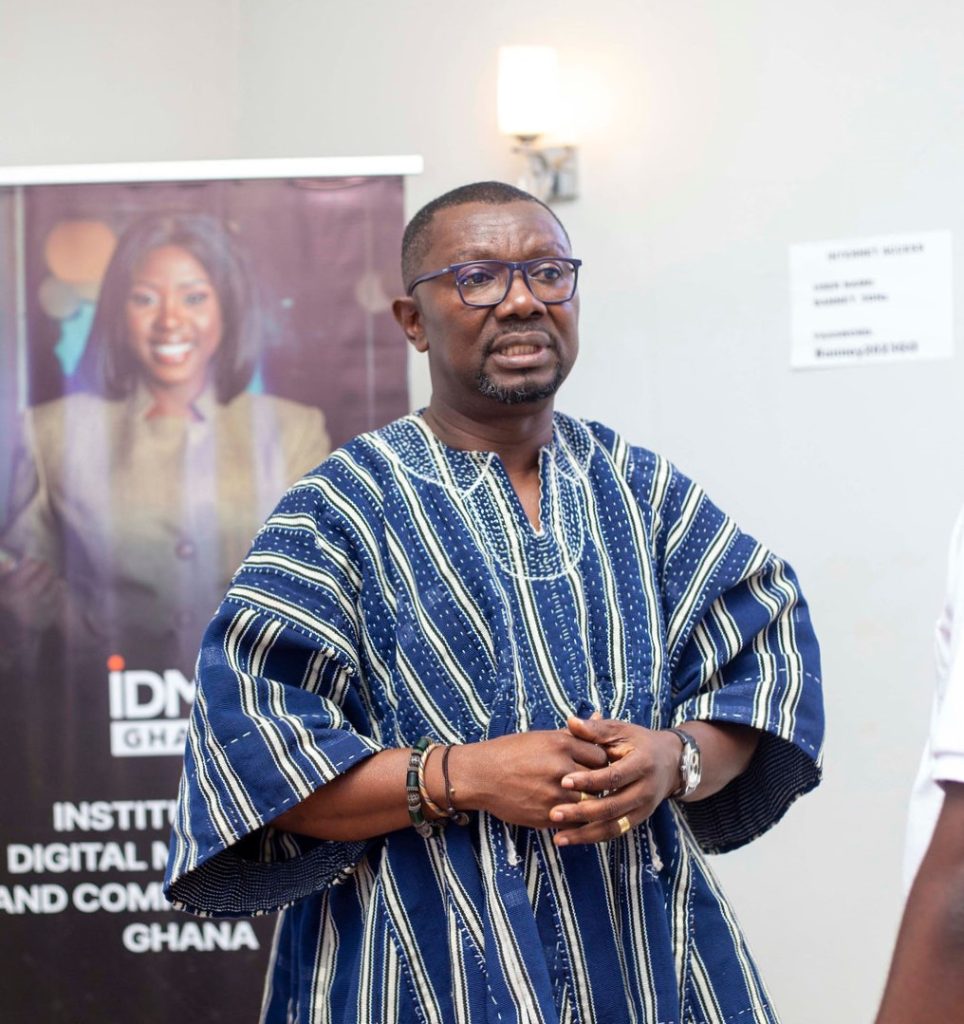By Godwill Arthur-Mensah/Eric Appah Marfo
Accra, Oct. 25, GNA — Mr Justice Amankwah Mensah, the Chief Executive Officer (CEO) of the Social Investment Fund (SIF), has urged journalists at the Ghana News Agency (GNA) to contribute their quota towards Ghana’s post Covid-19 recovery efforts through championing issues that would drive social change and development.
This should be done through producing high-quality multi-media contents, highlighting the challenges of Micro, Small and Medium Enterprises (MSMEs) and advocating solutions to them
He said by so doing, the GNA’s journalists would be putting the skills and knowledge gained in advocacy journalism to productive use.
Mr Mensah gave the advice in a speech read on his behalf during the graduation and closing ceremony of a five-day Trainer-of-Trainers (ToT) programme held at Abokobi, a suburb of Accra, on Friday.
More than 25 participants drawn from various regions participated in the training.

The training forms part of the Post Covid-19 Skills Development and Productivity Enhancement Project (PSDPEP) funded by the African Development Bank (AfDB) through SIF, executed by the Ministry of Finance and implemented by the Institute for Digital Marketing and Communication Ghana (IDMC Ghana).
The main objective of the project is to contribute to Ghana’s sustainable post-COVID-19 recovery in the health, youth entrepreneurship, climate change, gender and support the restoration of livelihoods, employment opportunities, and private sector development.
The project is being implemented for five years, spanning from 2022 to 2027.
The SIF is collaborating with other implementing institutions, including the University of Ghana (UG), the Ghana News Agency (GNA) and the Microfinance and Small Loans Centre (MASLOC), to conduct day-to-day activities of the project.
Mr Mensah, also the National Coordinator of the PSDPEP, expressed happiness about the progress made so far in executing the project to strengthen advocacy in the selected thematic areas.
The project, he said, would also allocate resources towards digitalising GNA’s system, and rehabilitate its head office building in Accra, as well as the regional office buildings, including Tema, Takoradi and Tamale.

Mr Mensah was hopeful that the training, which involved more than 140 staff of the Agency, would enhance the GNA’s ability to produce high-quality and impactful content to inform and educate the public on issues relating to public health, MSMEs, gender and climate change and sustainability issues.
He advised the participants to let the knowledge and skills acquired during the training be reflected in their outputs.
“I just want to say that you can’t go back to your various offices and perform as you used to be. Let’s see the change and be the change that you want to see. So, the change starts with you. The change starts from utilising the skills and the expertise that you have acquired over the past weeks.”
“I have no doubt that these takeaways will serve as a foundation for your future endeavours. You have invested in yourself and your organisation, and this investment will yield returns throughout your lives,” Mr Mensah stated.

Mr Albert Kofi Owusu, the General Manager of GNA, congratulated the participants for availing themselves for the training and expressed confidence that they would raise the flag of the Agency higher.
He gave the assurance that the Management of the Agency would provide resources and support for journalists to carry out their tasks effectively.
Mr Owusu thanked the AfDB, SIF, IDMC Ghana and other stakeholders for making the training possible and assured that the GNA would cooperate with them in advancing the goals of the project.
GNA